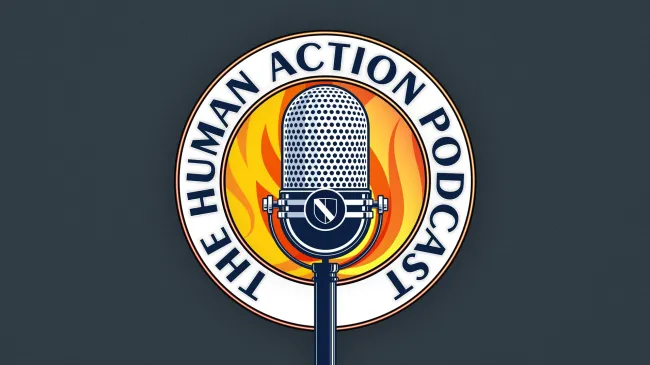Can There Be an Alliance between Austrian and Feminist Schools of Economics?
While Austrian and feminist critiques of neoclassical economics have some similarities, they also differ strongly on important points. Feminist critiques are based upon what Mises called polylogism, while Austrian critiques are based upon praxeology.










